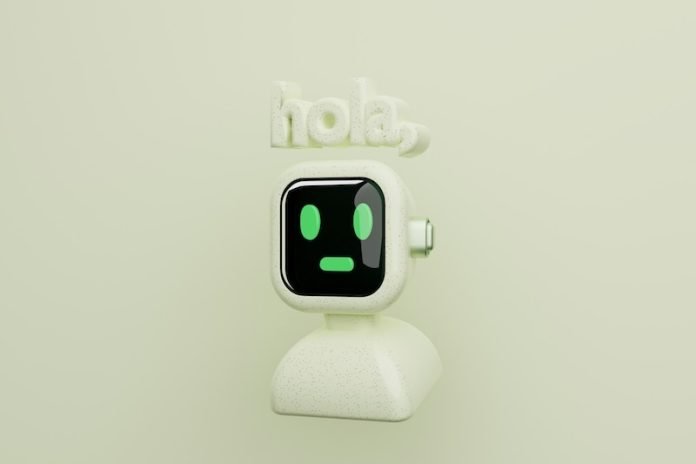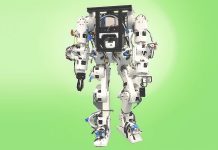
In a visionary project blending technology, creativity, and education, researchers from USC have introduced an innovative approach to democratize AI learning.
Their creation, a low-cost, customizable “robot friend,” aims to bridge the educational divide in AI, making this advanced field accessible to students of diverse backgrounds, including those in high schools and colleges.
This robot, an adaptation of Blossom—a simple, open-source robot previously developed at Cornell University—serves as a hands-on tool for students to explore the realms of artificial intelligence, robotics, machine learning, software engineering, and mechanical engineering.
By personalizing and programming their robot companions, students not only engage with cutting-edge technology but also delve into critical discussions on AI ethics and fairness, crucial topics in today’s rapidly advancing tech landscape.
The USC team’s approach significantly lowers the barriers to AI education. Traditionally, educational robots like the NAO could be prohibitively expensive, while more affordable kits like LEGO Mindstorms might not meet the needs of students at varying levels of expertise.
The researchers addressed these challenges by simplifying the robot’s design to reduce costs without compromising the learning experience.
Utilizing 3D printing technology, they managed to cut down the production cost of their robot to approximately $250—a stark contrast to the $15,000 price tag of a NAO robot.
Moreover, the project embraces creativity and personal expression, with customizable exteriors for the robot designed by team member O’Connell, who brought her crafting skills into the engineering domain.
This inclusion of crafting aims to attract students with artistic inclinations to the fields of robotics and engineering, highlighting the interdisciplinary nature of modern technological innovation.
The pilot workshop conducted with undergraduate students from a local minority-serving institution has shown promising results, with a majority of participants expressing increased interest in robotics and AI.
This feedback underscores the project’s potential to inspire a more diverse generation of technologists, equipped with not only the technical skills but also an understanding of the ethical implications of AI development.
As the team looks to expand and refine their module for broader educational use, their work represents a significant step towards inclusive AI education.
By lowering financial and technical barriers and fostering a holistic understanding of AI, this project could play a pivotal role in shaping a future where technology is accessible, equitable, and responsibly developed.
The research findings can be found in arXiv.
Copyright © 2024 Knowridge Science Report. All rights reserved.



